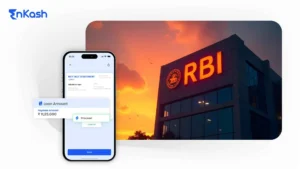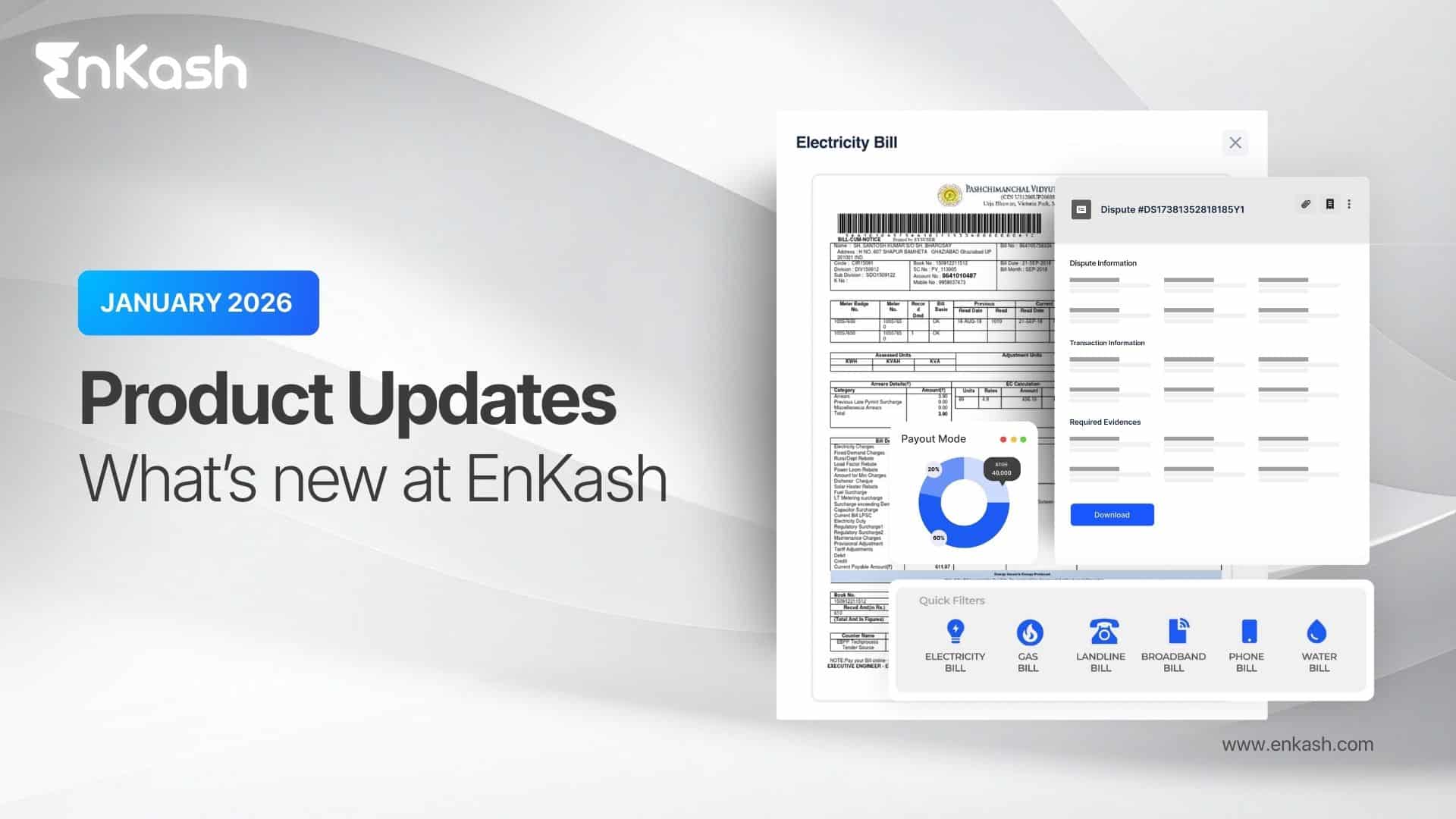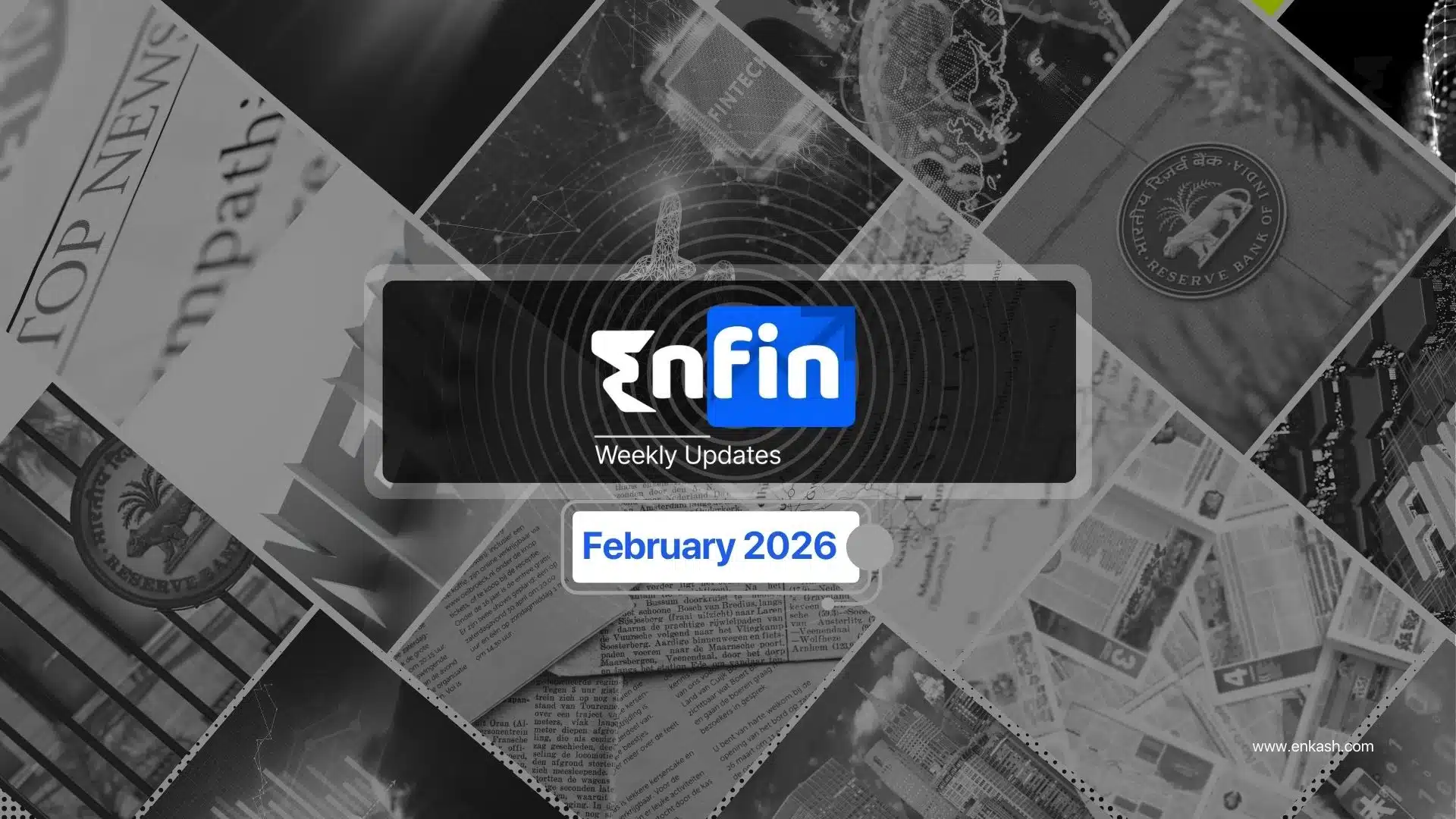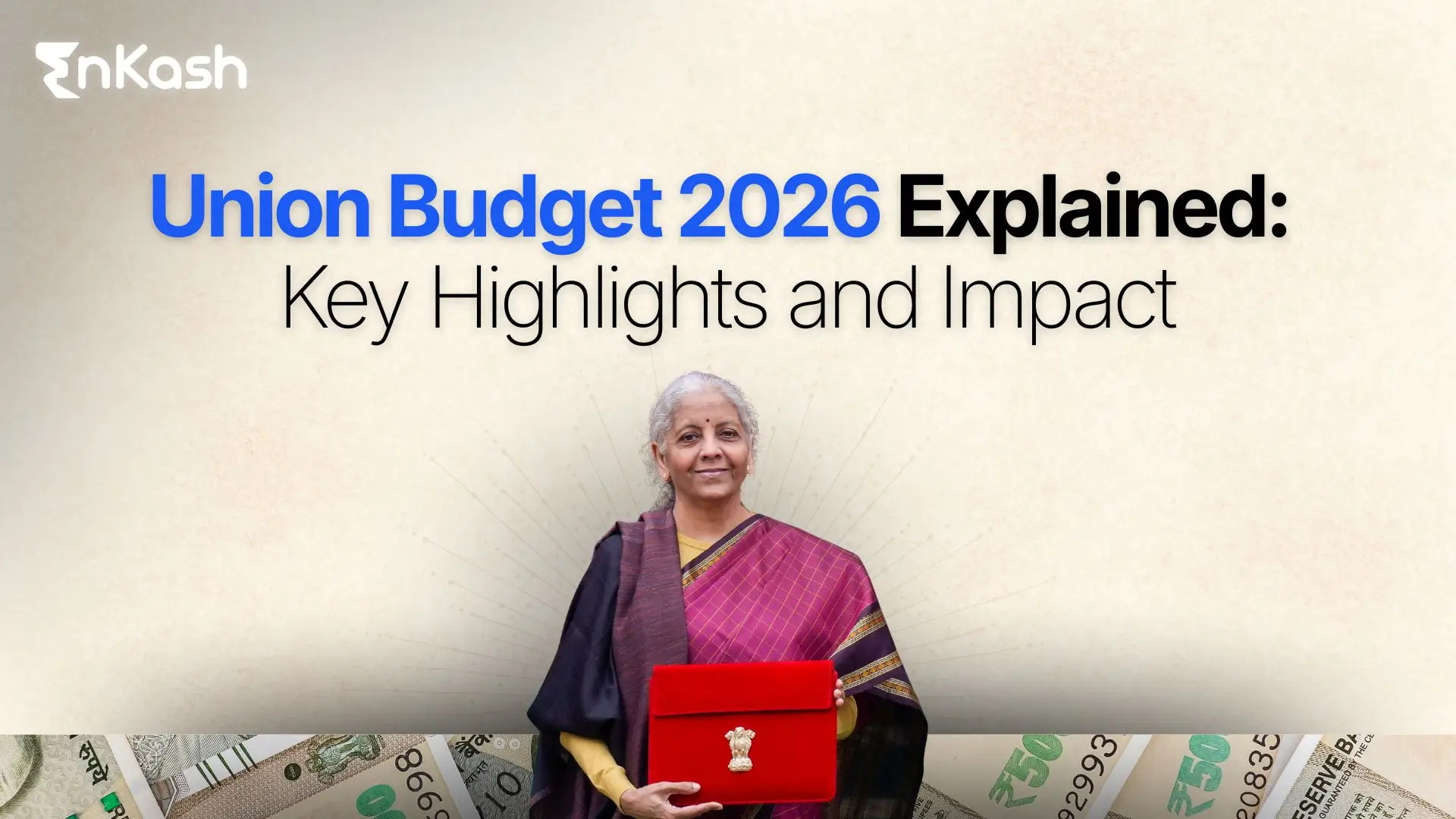In a recent announcement during a Monetary Policy Committee (MPC) meeting, the Reserve Bank of India (RBI) announced that individuals can make payments from Prepaid Payment Instruments (PPI) like digital wallets using UPI through any third-party application.
RBI Governor, Shaktikanta Das said that wallet holders will no longer have to depend upon the PPI wallet issuers to make UPI payments.
What are PPIs?
Prepaid Payment Instruments (PPIs) are payment tools that allow loading money in advance. The PPI can be used to make purchases up to the amount of money that is loaded on it. There are many different types of PPIs available, including mobile wallets and prepaid cards.
Currently, UPI payments from bank accounts can be made by linking a bank account through the UPI bank application or any third-party application that facilitates UPI. PPIs on the other hand can only be used to make UPI transactions by using the PPI-issued applications.
PPIs Role in Payments
PPIs allow a variety of payments along with convenience and security.
PPIs can be used to make payments at stores, online retailers, and for travel expenses. These payments can be made using mobile wallets and prepaid cards like gift or travel cards. PPIs are majorly used for small-value transactions like grocery purchases, transportation, and entertainment. They enable quick and contactless payments without needing a PIN for small ticket purchases.
What is likely to happen after this announcement?
After this new development, PPI wallets will become compatible with UPI payments. This will provide flexibility to PPI holders as they will be able to make UPI payments like bank account holders.
The linkage and usage of the PPI to make digital payments are no longer restricted to a specific app but can be done through any of the third-party UPI applications like PhonePe, Google Pay, etc.
Users will now have the choice to add their funds to PPI to make payments instead of debiting from their bank savings account.
This will further increase the volume of transactions in PPI wallets, as per banking experts.









